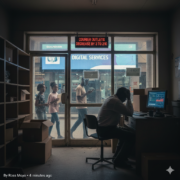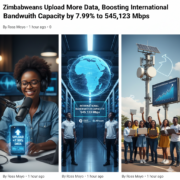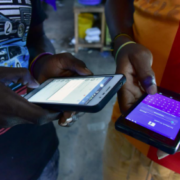The Ethiopian government has partially blocked internet access in the country following the spread of violence across the country. According to a report by Quartz, citizens have been unable to reliably reach social media platforms such as Facebook, Twitter, and YouTube since Tuesday, 12 December 2017.
There has been unrest in the East African country were clashes between different ethnic groups in the Oromiya region has claimed the lives of 61 people. According to reports, the violence triggered revenge attacks by ethnic Oromos in another district, resulting in the killing of 32 Somalis who were being sheltered in the area following a previous round of violence.
Citizens can, however, access social media platforms via the use of Virtual Private Networks (VPN) connections. VPNs are networks set up for use by a limited number of individuals, such as employees of a company and are often encrypted for security. They can also be used to allow users to access the internet when it is restricted.
The government has shut down the internet as well as blocked social media sites before, following anti-government protests. Since November 2015, when protests against the marginalisation and persecution of the Oromos and Amharas rocked the country, the government cut off connections either in specific regions or throughout the country.
The government has justified such action in the past as a response to unverified reports and rumours, noting that social media becomes flooded with unconfirmed claims and misinformation when violence erupts.
Ethiopia’s sole ISP, Ethio Telecom, has almost full control over internet access in the country. To block traffic to and from certain websites, or even shut down access altogether, the government needs only to coordinate with Ethio Telecom, a state-owned company.
Source: ITnewsafrica.com











Comments